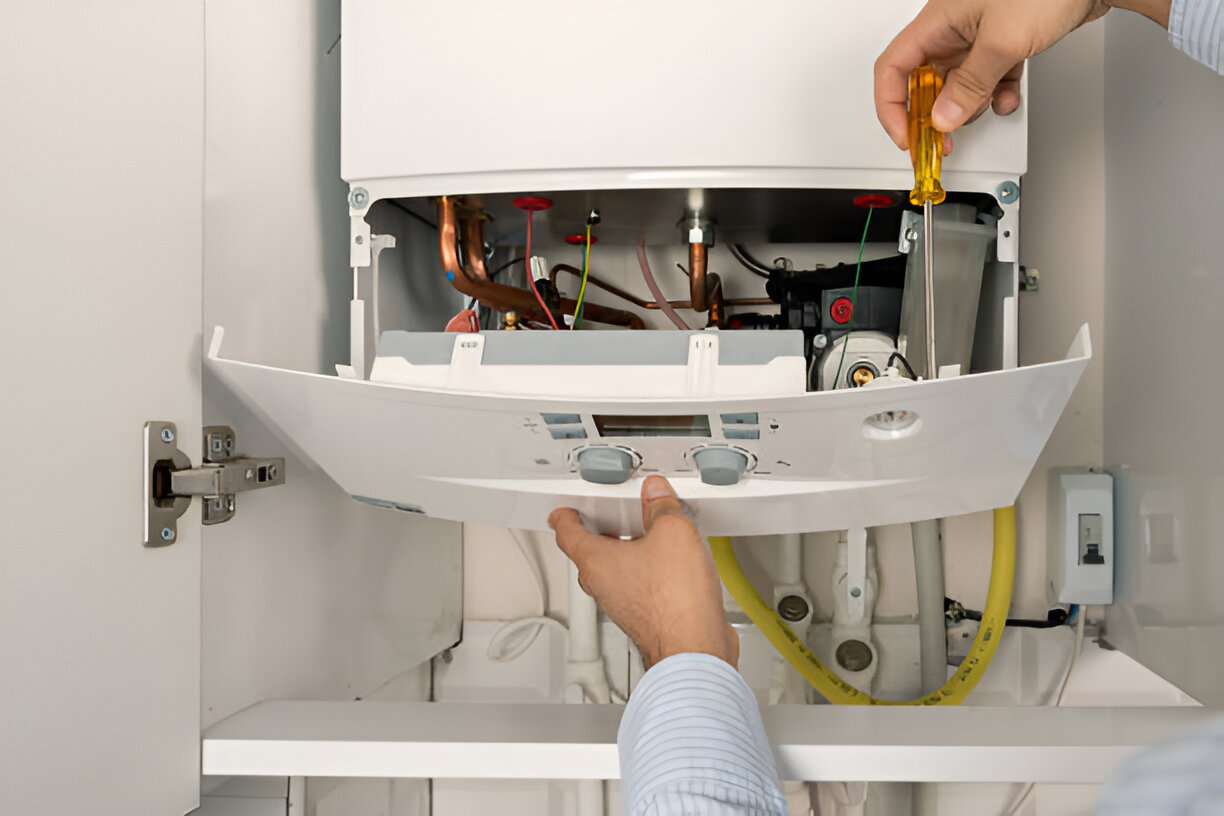
Heating Replacement in York City, PA
Replacing your home heating system is one of the most impactful upgrades you can make for comfort, safety, and long-term energy savings. In York City, PA, where cold winters and older housing stock are common, a properly selected and installed heating system keeps your home reliably warm while minimizing fuel use and maintenance headaches.
Why heating replacement matters in York City, PA
York City homeowners face extended heating seasons, occasional sub-freezing temperatures, and many homes with older insulation or existing cast-iron radiators and dated ductwork. An outdated or undersized system can lead to uneven temperatures, high energy bills, and increased repair costs. A well-planned heating replacement in York City, PA improves comfort, reduces operating costs, and helps avoid emergency breakdowns during the coldest months.
Common signs you need heating replacement
- Frequent breakdowns and rising repair bills
- System age: furnaces and heat pumps older than 15 years, boilers older than 20 years
- Rising energy bills despite routine maintenance
- Uneven heating or rooms that never reach set temperature
- Short cycling, loud operation, or yellow pilot/flame issues
- Visible corrosion, cracked heat exchangers, or persistent carbon monoxide concernsIf you see one or more of these signs, a replacement assessment is the next step.
Choosing between furnaces, boilers, and heat pumps in York City
Each system has strengths based on home type, fuel availability, and comfort priorities in York City:
- Furnaces (gas, propane, or electric)
- Pros: Fast warm air, wide contractor support, good for homes with ductwork; high-efficiency condensing furnaces now reach AFUE ratings of 95%+
- Cons: Fuel cost volatility for gas/propane; less efficient in poorly insulated homes if oversized
- Boilers (hot water or steam)
- Pros: Gentle, even heat ideal for older homes with radiators; long lifespan when maintained
- Cons: Higher upfront cost for conversion; room-by-room control limited unless upgraded with pumps or zoning
- Heat pumps (air-source or cold-climate models)
- Pros: Efficient year-round heating and cooling, lower carbon footprint, potential for large utility savings vs electric resistance heat
- Cons: Performance depends on model and outdoor temperature—cold-climate heat pumps are recommended for York winters and may need backup heat in extreme lows
Selecting the right system requires matching equipment features to your home’s layout, envelope, and fuel preferences. For many York City homes, a high-efficiency furnace or a modern cold-climate heat pump delivers the best balance of comfort and operating cost.
Assessment and system sizing
A professional replacement begins with a thorough assessment:
- Home inspection: evaluate insulation, windows, ductwork, existing distribution (radiators vs ducts), and attic/crawlspace conditions
- Load calculation: a proper Manual J heating load calculation determines the correct system size—this prevents oversizing, short cycling, and comfort problems
- Duct and vent evaluation: existing ducts may need sealing, insulation, or partial replacement; boilers require proper venting and combustion air
- Options review: compare efficiency ratings (AFUE for furnaces/boilers, HSPF/COP for heat pumps), expected output, and zoning possibilities for multi-level or historic York homes
A precise sizing and distribution plan is essential to achieve reliable comfort and promised efficiency.
Removal, disposal, and installation timelines
- Pre-installation: final equipment selection, permit submission when required, and scheduling
- Removal and disposal: safe removal and environmentally responsible disposal of old equipment—heat pump refrigerant recovery and boiler fuel decommissioning are handled to code
- Typical install timeline:
- Small furnace or heat pump swap: 1 to 2 days
- Boiler replacements, system conversions, or jobs requiring ductwork/pipe upgrades: 2 to 4 days or longer depending on scope
- Post-installation: startup, combustion testing (for fuel-fired equipment), system balancing, and homeowner walk-through
Installation includes commissioning to verify efficiency, proper airflow, and thermostat integration for accurate, efficient operation.
Financing and rebate assistance
Many homeowners in York City can reduce out-of-pocket costs through a combination of:
- Federal, state, and utility rebates or tax incentives for high-efficiency equipment and heat pumps
- Manufacturer rebates tied to specific models
- Local utility programs that support insulation or whole-house efficiency upgrades
- Financing plans that spread project costs over time
Professional replacement services typically include guidance on eligibility, help preparing paperwork, and coordinating documentation so you capture available incentives and choose the right financing option.
Expected performance and savings
Replacement benefits vary based on your current system and the new equipment selected:
- Upgrading an older 60–80% AFUE furnace to a 95%+ condensing furnace typically reduces fuel consumption noticeably—many homeowners see 15–30% lower heating bills depending on fuel prices and home envelope.
- Switching from electric resistance heating to a modern heat pump can cut heating costs by 30–50% in many Pennsylvania homes, though exact savings depend on electricity vs fuel rates and heat pump efficiency at low temperatures.
- Improved distribution (sealed ducts or updated radiator piping) and proper sizing often yield additional comfort and efficiency gains.
Equipment warranties, routine maintenance, and correct sizing all influence long-term performance and savings.
Maintenance and longevity
Regular maintenance extends equipment life and preserves efficiency:
- Annual tune-ups for furnaces, boilers, and heat pumps
- Filter changes every 1–3 months depending on use and filter type
- Periodic duct sealing, combustion safety checks, and thermostat calibrationTypical lifespans: furnaces 15–20 years, boilers 15–30 years, heat pumps 12–18 years—proper maintenance can push these ranges toward the higher end.
Replacing your heating system in York City, PA is an investment in comfort, safety, and predictable energy costs. A careful assessment, correct sizing, and selecting the right type of equipment for your home’s needs are the most important steps to ensure long-term performance and value.


Enjoy flexible financing options that make upgrading or repairing your HVAC system easy and budget-friendly.










